Your pee can tell you a lot about your health.
11 Things You Never Knew About Peeing
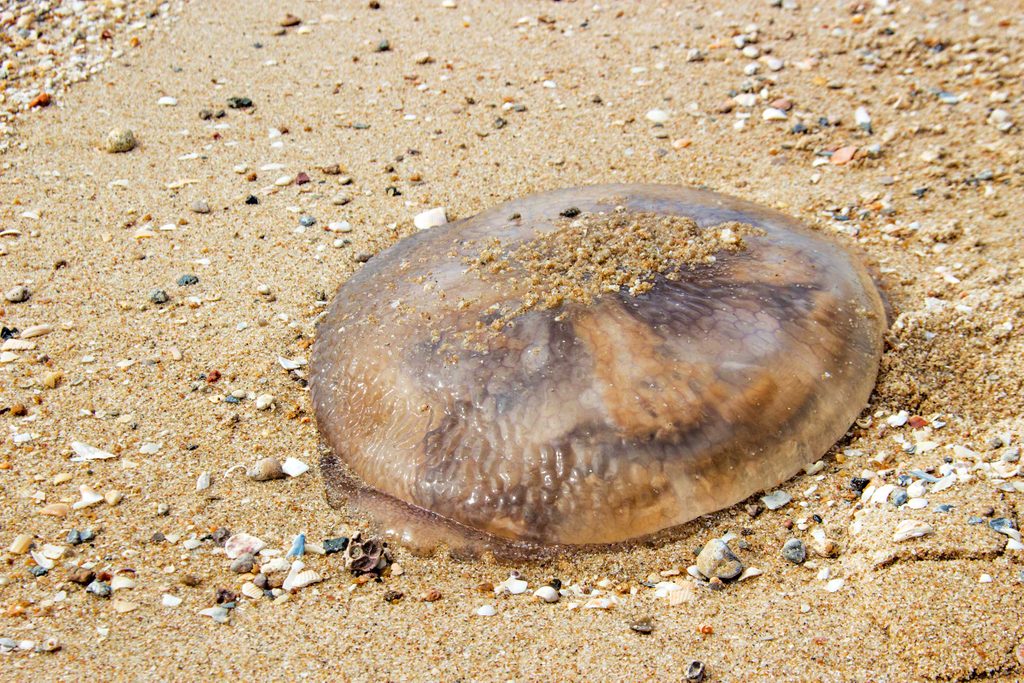
Pee doesn’t actually heal a jellyfish sting
Next time you get stung by a jellyfish at the beach, hold off on having your buddy take a bathroom break on your leg. “There’s absolutely no truth to the legend that pee has any healing or antibacterial properties, so you probably shouldn’t have your friend pee on you, ever,” says Steven A. Kaplan, MD, director of Benign Urologic Diseases and The Men’s Health Program at Mount Sinai Health System in New York City. Here’s what your urine reveals about your health.

You’re a urine-making machine
The body produces between two and two and a half liters of urine every day. But that doesn’t mean you have to drink jugs of water to keep up. “It doesn’t just come from what you drink, it comes from what you eat, too. Fruits and veggies high in water also contribute,” says Dr. Kaplan. Check out the most hydrating foods you can eat.

It’s a natural detox
Peeing might just be the healthiest detox on the market. Urine is made by the kidneys (the body’s natural filtration system) and helps rid the body of toxins and other waste that would otherwise remain in your blood. “Pee gets rid of poisons in your body. It’s very natural and very important,” says Dr. Kaplan.
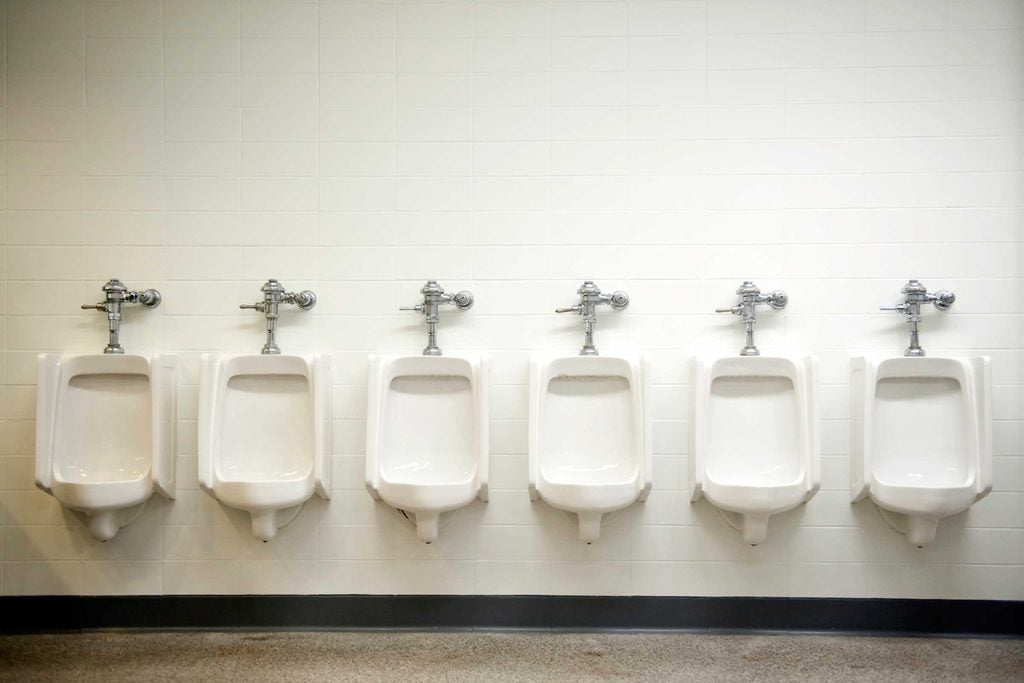
“Pee shy” is real
Think twice before making fun of your “pee shy” friend. Paruresis is a social anxiety disorder (also known as Shy Bladder Syndrome) that affects about 20 million people in the U.S. and means sufferers are fearful of using the bathroom with other people nearby. The good news: it’s likely treatable with behavioral therapy if your peeing-in-public phobia is particularly disruptive. Here’s what your bladder would tell you if it could.

It can make you faint
If you’ve ever sat on the toilet and then suddenly woken up on the floor beside it, you might have micturition syncope, a condition that causes sufferers to faint during or immediately after urinating. Doctors still don’t know the exact cause but they know it’s due to a severe drop in blood pressure, likely related to opening of the blood vessels that occurs during rapid emptying of a full bladder, according to Mayo Clinic. Micturition syncope is most common in older men, usually occurs at night after a deep sleep, and may also be affected by alcohol, hunger, fatigue, dehydration, or use of alpha blockers to improve urination in men with prostate problems. Be aware of these signs you’re about to faint.
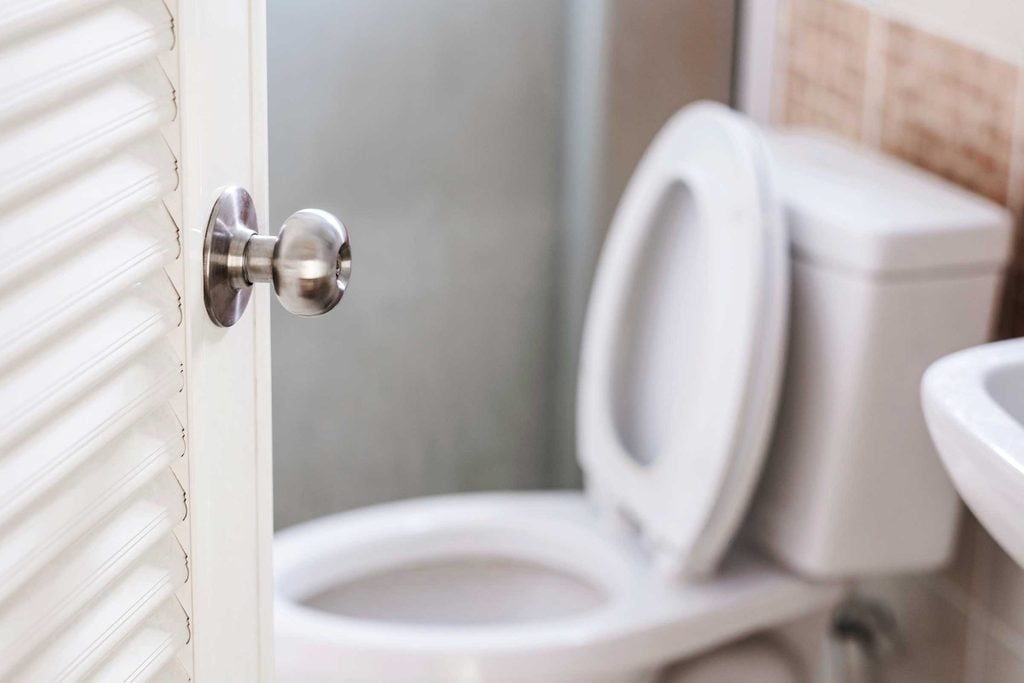
You can pee too much
“Peeing every hour isn’t normal unless you’re drinking tons of water or consuming a diuretic like coffee or alcohol,” says Dr. Kaplan. While excessive peeing isn’t dangerous in and of itself, it can signal another issue that’s causing it, such as diabetes, overactive bladder, an infection, prostate problems, or even a heart problem. Here’s why you need to stop going pee just in case.
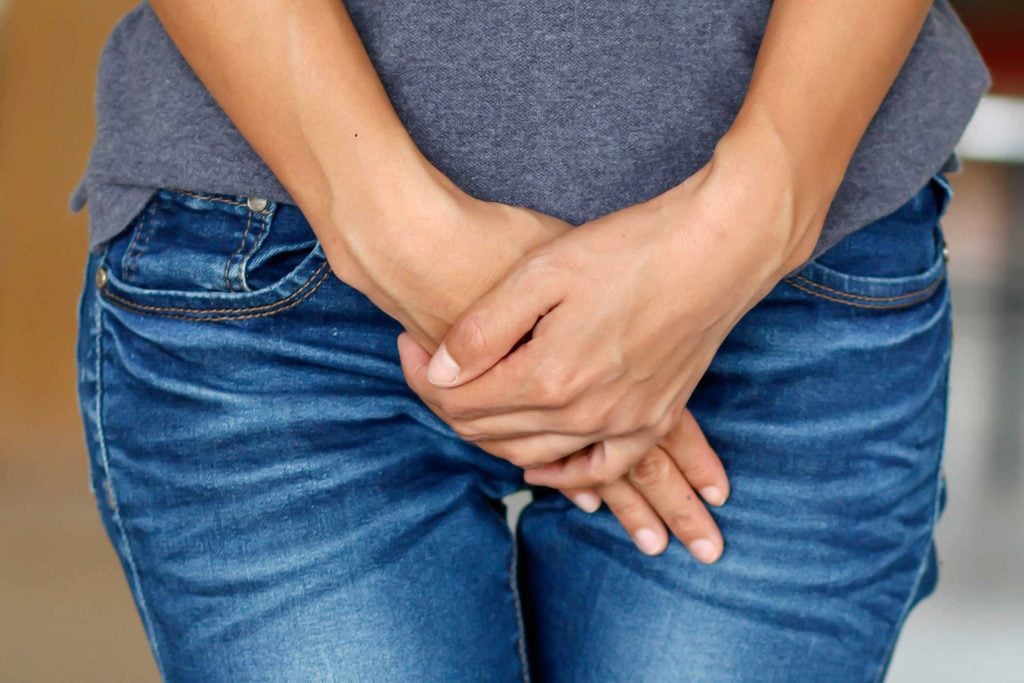
And some people can’t pee at all
Believe it or not, people with a condition called acute urinary retention can’t pee at all, even though their bladder is filled to the brim; it’s usually accompanied by pain and is so dangerous it requires immediate medical attention.

It’s OK if it smells
…unless that smell is fishy, in which case you might have an infection. Otherwise, foods like asparagus, curry, and chili peppers can give pee a scent, as well as foods that contain nitrates or some other preservatives. Dehydration can also produce smelly urine because it’s so concentrated. Here’s why asparagus makes your pee smell funky.
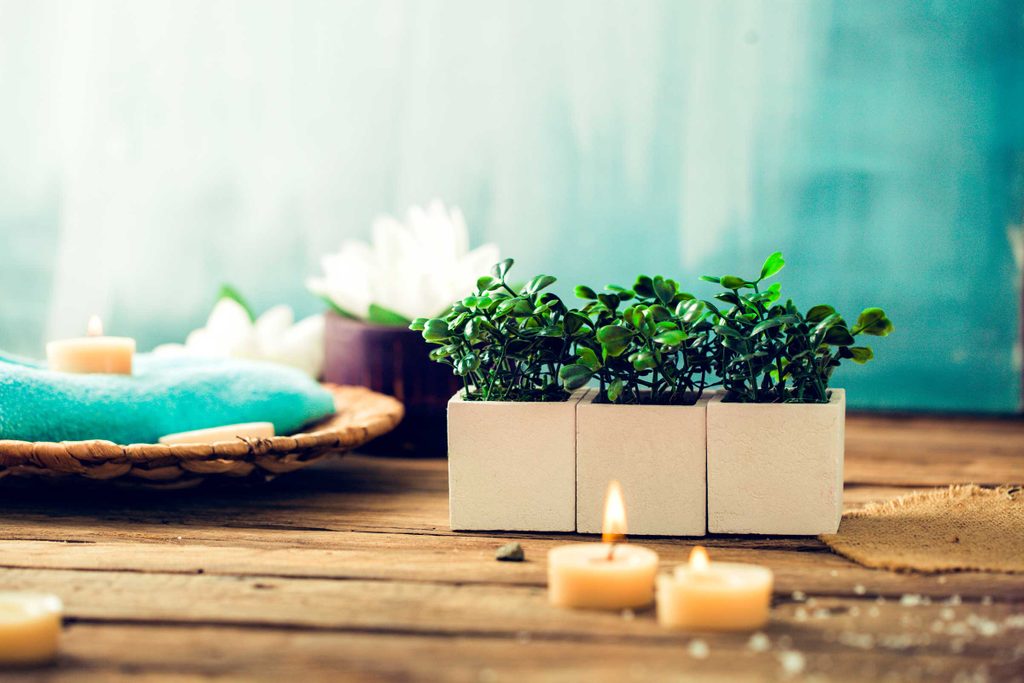
You can pee the wrong way
“Some people stress or clench their butt without knowing it, which can cause different patterns of urination and even pain,” says Dr. Kaplan. The best technique is to relax and let it flow. (But is it okay to pee in the shower? Find out.)

It can look like the rainbow
Normal urine color ranges from pale yellow (this means you’re hydrated enough) to deep amber (this probably signals you’re dehydrated. But pigments and compounds from foods and medications can also give your pee some unusual hues. Beets, berries, and some medications can turn your urine bright red, while some over-the-counter and prescription medications can turn it highlighter yellow and even greenish blue. Deep red or brown urine is common in people with a rare inherited disorder of red blood cells called porphyria. Orange urine, especially if you also have pale stools and yellow skin or eyes, could be a sign your liver is malfunctioning. And bloody urine is never normal unless you’re menstruating; it could mean you have an infection, kidney stones, and in the most serious cases cancer.

Pay attention to foamy urine
If your pee looks foamy, it could simply mean your stream was powerful and fast. But if it persists over time, this can be a sign of increased protein levels in the urine, which could indicate a serious kidney problem and you should see a doctor. Read up on these medical reasons you have to pee all the time.



















